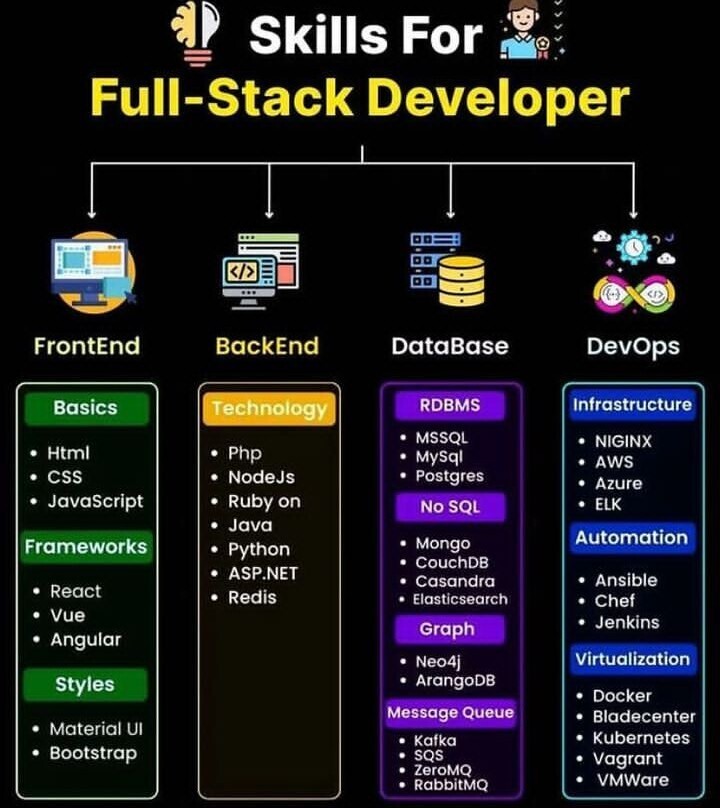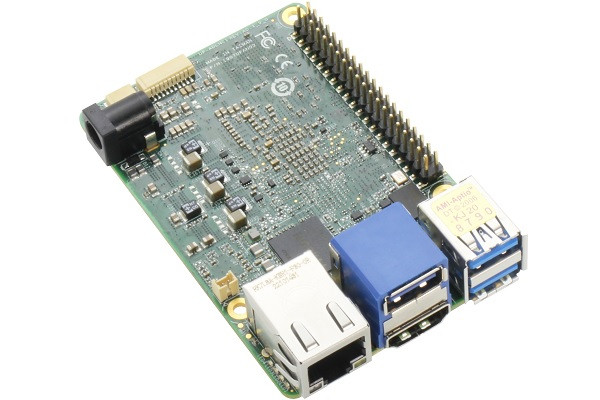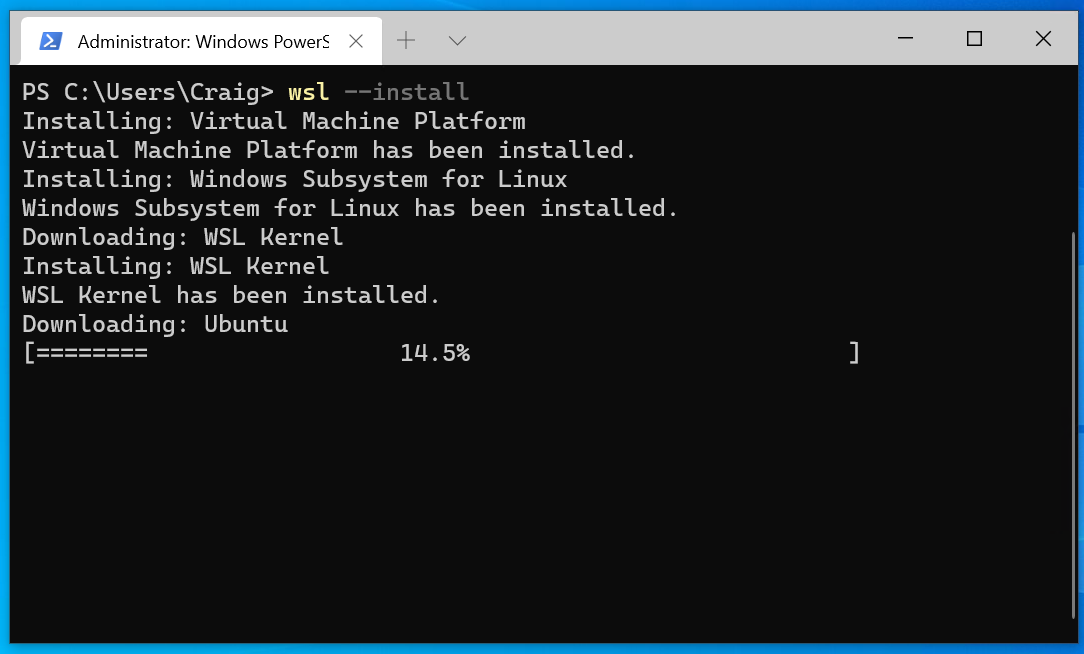
#FullStack #developer or a whole #IT department 🤔
#skill #knowledge #work #computer #software #technology #economy #nerd
7 Likes
3 Comments

#skill #knowledge #work #computer #software #technology #economy #nerd
#AAEON: https://www.aaeon.com/en/p/up-7000-boards
Features:
- Intel Processor N-series
- Onboard LPDDR5 Memory, up to 8GB
- Onboard eMMC Storage, up to 64GB
- 1Gigabit LAN x 1
- #HDMI 1.4b x 1
- USB 3.2 Gen 2 (Type-A) x 3, 10-pin USB 2.0 x 2/UART x 1
- 40-pin #GPIO x 1
- 12V DC-in, 5A
- TPM 2.0

#Microsoft #Windows #Linux #developer #question #internet #ordinateur #programme #installation

#Entwickler / #Developer hier, die sich für #Natur interessieren und Lust haben am #Birdnet-Pi Projekt mitzuwirken? Da geht es um automatische Erkennung von #Vogelstimmen aus Basis maschinellen Lernens #ML und dem #Birdnet Projekt. Ich habe auch so einen Birdnet-Pi im Garten. Jetz habe ich mitbekommen, dass die echt gut Verstärkung brauchen könnten. Wäre ja schade, wenn das Projekt stirbt, weil keiner mitentwickeln oder Bugs beheben will. Der Owner ist wohl erkrankt, ein paar wenige andere Entwickler sind noch da. Wer Interesse hat, kann sich das hier mal angucken:
Bring back the old feed please, the new 'For You' tab is horrible. · community · Discussion #66188
If you are a #github user or #developer, you should vote for this
This is an utterly ridiculous #design change they did. Spamming the feed with content from repos I once stared etc.
Source: https://blog.visionarycto.com/p/my-20-year-career-is-technical-debt
Technical debt is easily the most used buzzword these days. People say, “We are moving fast on our MVP while minimizing technical debt!”. They mention technical debt in there to sound cool or something.
I just laugh because everything is technical debt, eventually.
#technicalDebt #problem #software #development #developer #coder #programmer #knowledge #management #project #economy

Unbelievable how property developers are allowed to build these ultra high density atrocities,
two blocks deep on either side of the road... And they call them luxury apartments...
#Photo
#Photography
#Photographer
#gif
#MyWork
#highDensityliving
#Developer
#greed
#Wandsworth
https://www.newacreswandsworth.com/
The majority agrees that #ElonMusk is doing it wrong with the rating: https://www.linkedin.com/pulse/elon-twitter-how-manage-software-company-mohamed-el-kamhawi
Elon Musk is asking software engineers to print out the #code they wrote during the last 60 days for #review! this comes after reports that he threatened he will fire engineers if they don't develop the new paid verification #program.
The #problem here is that the review is often very superficial and only the amount of lines of code is evaluated. However, many lines of code say nothing about the quality. Clever lazy software developers can thus unnecessarily inflate their code and receive a good rating.
So with this kind of evaluation you fire very bad but also very good developers.
Since Elon prefers more brute #management, he probably doesn't care, because the #average is still what's needed to get the #job done.
But I wonder if there are not better simple #measurement methods to evaluate a software developer? The #method should preferably determine a value that even a non-expert #project #manager can evaluate.